
Mafia-terrorist organizations are causing instability for India, spanning from Punjab to Canada
The banned terrorist Lakhbir Singh Rode, covered under the Unlawful Activities (Prevention) Act, has passed away in Pakistan. Lakhbir and his brother Jasbir Singh Rode, self-proclaimed Khalistani separatist leaders and nephews of jarnail singh bhindranwale, the Punjab insurgency leader from Damdami Taksaal in the 1980s.
In 2021, Lakhbir Singh Rode was the primary suspect in the Ludhiana court complex blast. The NIA accused him of smuggling a consignment of terrorist hardware, including arms, improvised explosive devices, ammunition, custom-made tiffin bombs, and drugs from Pakistan to execute terrorist attacks in Punjab, India. Two days after his demise, Punjab Police apprehended Rode’s UK-based associate, Paramjit Singh Dhadi, from Amritsar for his involvement in terror funding and other subversive activities in Punjab.
This year, the separatist organization ‘Waris Punjab De,’ led by Amritpal Singh Sandhu in the style of Bhindranwale, along with individuals from the Indian Sikh community in Canada, has led to an increase in drug and weapon infiltration across the international border with Pakistan. Additionally, there is a rise in incidents of political killings and the dissemination of inflammatory social media messages.
These developments are causing discomfort in Punjab, negatively impacting India’s bilateral relations with Canada and its Western allies. Khalistani separatist Gurpatwant Singh Pannun, known for orchestrating a rejected referendum for the creation of Khalistan in October 2021 and regularly threatening India, has successfully positioned himself and his organization ‘Sikhs for Justice’ (SFJ) in diplomatic talks with the US. Other pro-Khalistan groups, such as the Dal Khalsa and the Shiromani Akali Dal, have accused Pannun of enticing Punjabi youths into illegal activities with the promise of money, while he enjoys diplomatic immunity from arrest as a US citizen.
In May and June, three Khalistani separatists were killed abroad amid the escalating situation involving Amritpal Singh. Paramjit Singh Panjwar, the leader of the terrorist organization Khalistan Commando Force, was fatally shot in Lahore, Pakistan, in early May. On June 19, Hardeep Singh Nijjar, the chief of the Canada-based Khalistan Tiger Force (KTF), was killed in Vancouver, and a week earlier, Avtar Singh Khanda, the chief of Khalistan Liberation Force, passed away in a Birmingham hospital. Khanda gained notoriety after removing the Indian flag from the Indian High Commission in Britain.
On September 18, Canadian Prime Minister Justin Trudeau accused Indian government agents of involvement in Nijjar’s murder, a claim New Delhi dismissed as ‘absurd’ and ‘motivated.’ Subsequently, the US alleged a ‘deadly conspiracy’ in New York to assassinate Pannun . The matter has become so serious that, following the visits of US CIA Director William J. Burns and Director of National Intelligence Avril Danica Haines in August and October, Christopher Asher Wray is now visiting India to investigate the assassination plot.
Analyzing these developments raises the question of why this ethno-territorial concept persists decades after the collapse of Khalistani separatism. Despite Pannun openly threatening to replicate terrorist incidents like the Air India bombing on the Kanishk flight, Interpol has twice rejected India’s request for a red corner notice against Pannun.
No investigation should overlook the substantial and compelling evidence linking these so-called ‘Khalistani’ leaders to Pakistan and their involvement in criminal gang-related activities. Are Punjabi gangsters with immigrant identities and links to Pakistan intentionally leveraging their Sikh identity to evade accountability for their violent anti-state crimes?
Earlier this year, Jaswant Singh Contractor, a former Khalistani leader and founder of Dal Khalsa, characterized Pannun’s Khalistan referendum as a pattern against India, intended to mislead the people. According to experts, this aligns with the strategy of the Pakistani intelligence agency ISI.
Thirty-year-old Lawrence Bishnoi, incarcerated since 2014, heads a growing terrorist, gangster, and drug-trafficking syndicate. One of his key associates, Satinderjit Singh alias Goldie Brar, currently in Florida, is the suspected mastermind behind the ‘Sidhu Moosewala’ murder. Gangster Arshdeep Gill alias Arsh Dalla, residing in Canada, supports Khalistan Tiger Force (KTF) and is allegedly involved in planning and ordering terrorist attacks in India, including the murder of a Congress leader in Punjab. He is also implicated in establishing several Pak ISI-supported KTF modules for terror and assassination attacks.
On December 5, Sukhdev Singh Gogamedi, president of the ‘National Rajput Karni Sena,’ was assassinated by Rohit Godara, a close associate of Bishnoi, with the intention of ‘inciting religiously motivated riots in the state of Rajasthan.’ In late November, unknown gunmen targeted the Vancouver home of Punjabi singer and actor Gippy Grewal. Businessmen in the Canadian city of Surrey face threats from a rising trend of extortion calls.
Despite being in jail for almost a decade, Bishnoi runs a vast extortion racket and large-scale drug trafficking spanning from Punjab to Canada. Questions arise as to why this has not been effectively controlled; reports suggest that Bishnoi uses technology like voice-over IP calls to communicate with his associates, hinting at possible assistance from prison officials.
The connection between corruption and the promotion of organized crime and terrorism should be treated as a security concern from an operational perspective.
Meanwhile, amid strained relations between India and Canada, incidents of shootings linked to gangs and extortion have surged. Diaspora Sikh communities, particularly in Canada, endure regular harassment and threats of violence from criminal gangs seeking extortion and support for Khalistan. The diaspora Sikh community, which has opposed pro-Khalistan propaganda, now finds it challenging to defend itself. Given this context, it is crucial for the security agencies of India and Canada to enhance their cooperation to ensure the safety of citizens in both countries.
Vaishali is a strategic and financial affairs analyst who has worked in the National Security Council Secretariat for about a decade.Pardafas.com translated Vaishali’s article published on tehelkanews.net
(Twitter handle: @basu_vaishali)

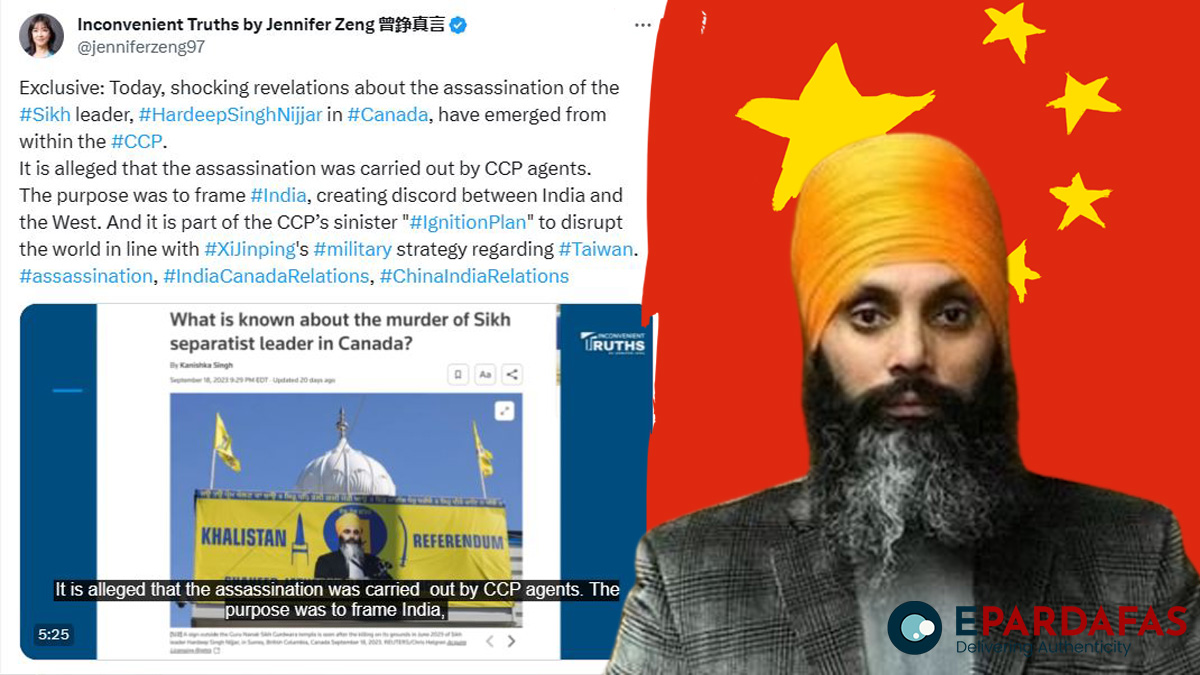
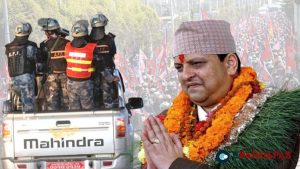

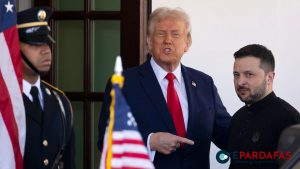




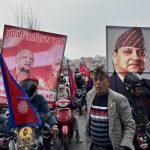

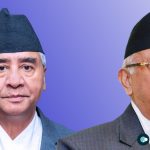


Comments